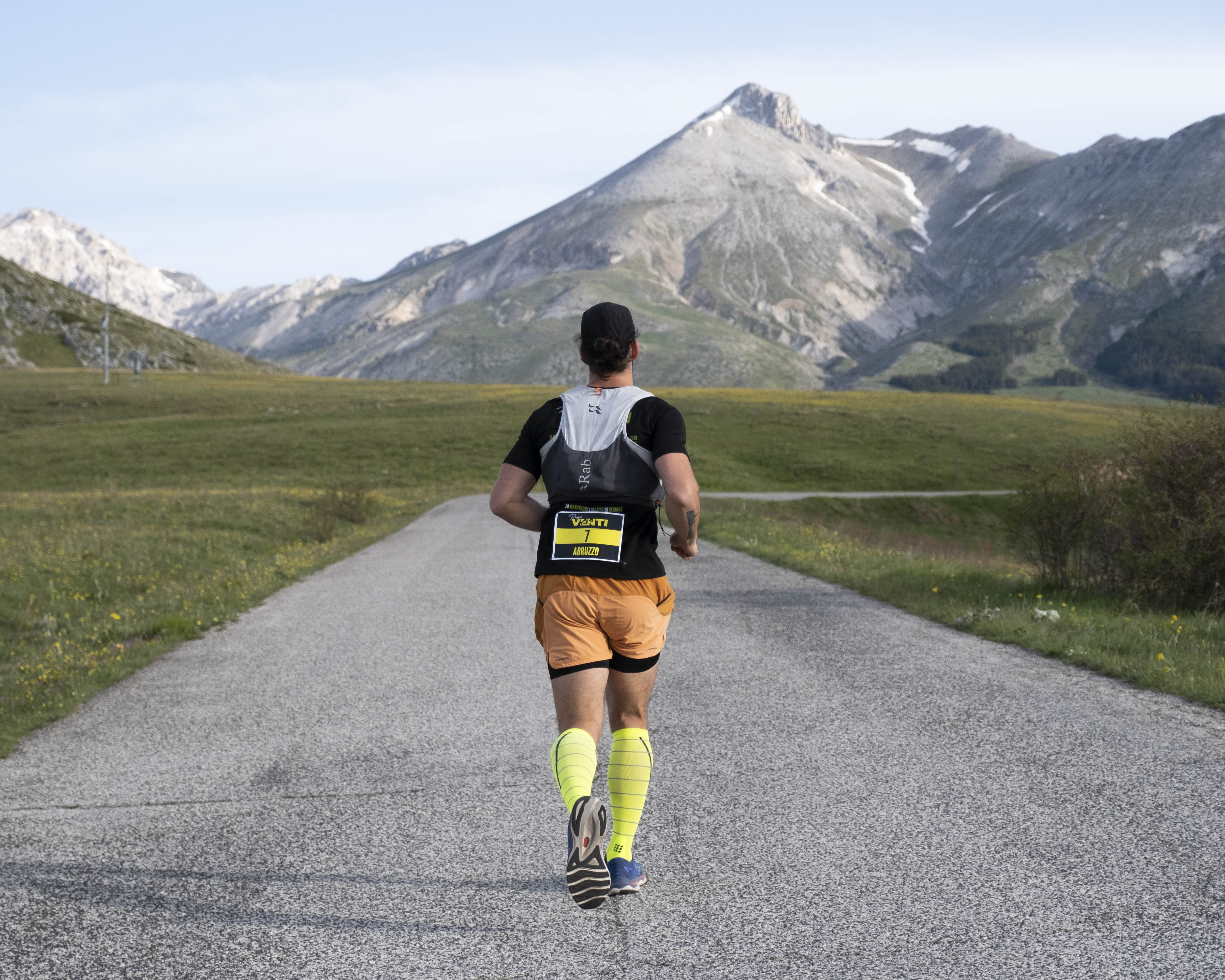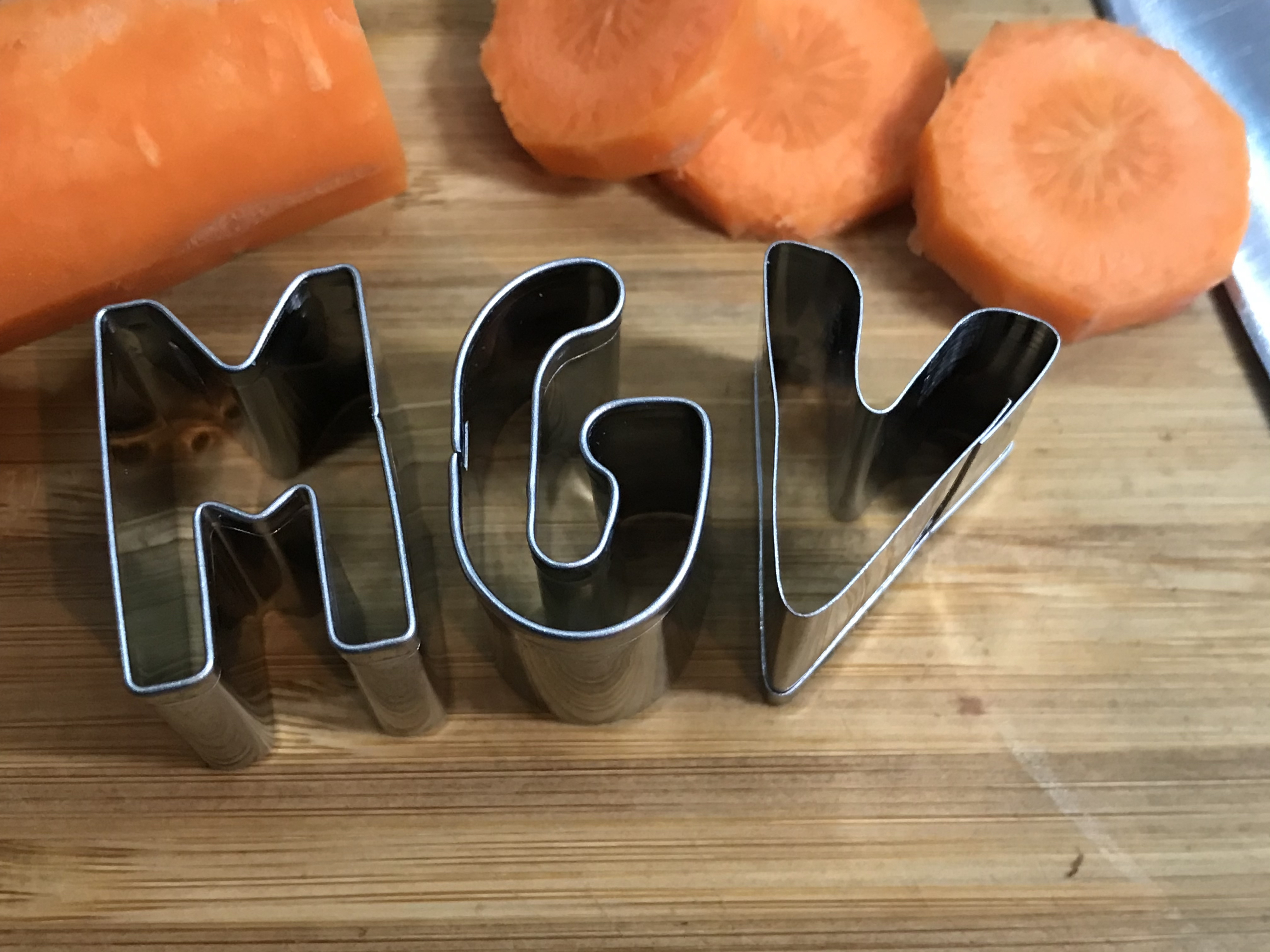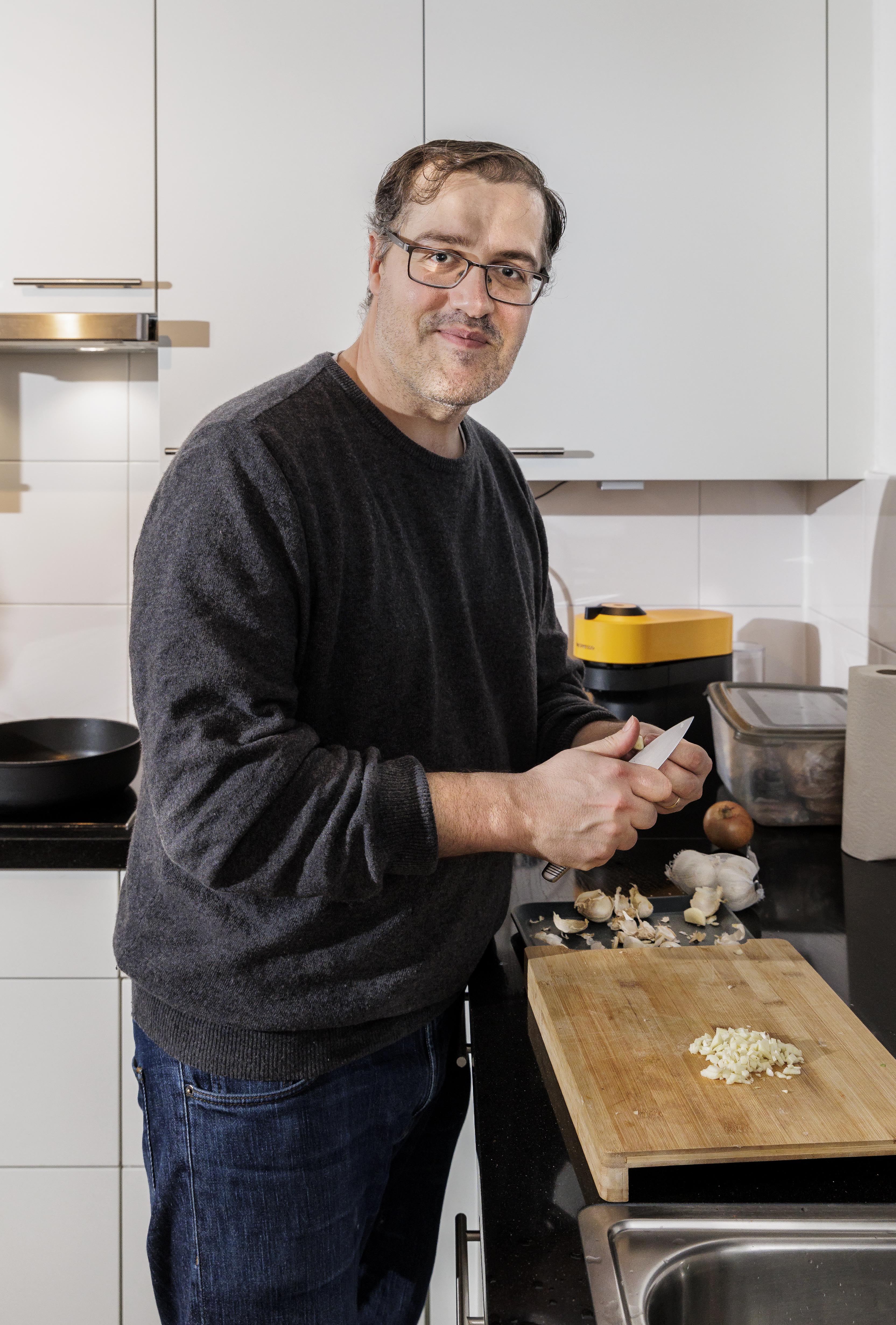A Community of Practice in search of an identity
In the spring of 2022, EDLAB selected a group of teaching professionals, study advisors and students to form a Community of Practice around the topic of blended learning. How did the participants embark on this new experiment? "We soon found ourselves in an identity crisis," explain the two CoP leaders, Annechien Deelman and Hans Savelberg.

|
A definition from the Oxford Languages: |
Are we really a Community of Practice?
In our Community of Practice, we differ opinions on whether we really are a Community of Practice. Looking at the definition above, we certainly are a community. We don’t live together, but we do have a particular characteristic in common. That characteristic is that we all share a passion for education, particularly in relation to Maastricht University’s Problem-Based Learning (PBL).
Initiated as an EDLAB pilot, our Community of Practice was set up around the topic of ‘Blended (re)design’. The topic caused some confusion as ‘blended’ has numerous meanings, from blending work-based education with school-based education to technology-enhanced education (TEE). Since our Community of Practice came about in the specific context of TEE, it seemed our problem was solved: our frame of reference was the use of technology in education.
Soon, however, we ran into the next definition problem: what do we consider ‘technology’? Does something digital have to be involved? The Minister of Education, Culture and Science, Robbert Dijkgraaf, once described technology as anything that has been innovated after one’s birth. For our grandparents, a proper sewage system was technology; for us, it feels like a public infrastructure that has always been there.
Given this definition, technology becomes less unique. It is instead something natural, like breathing air. We cannot decide not to innovate. This realisation made some members of the CoP wonder why we make such a fuss about everything by adding the adjective ‘blended’. In contrast, others joined the CoP expecting to learn quickly how ‘technology’ might improve their teaching practice.
Identity crisis
These confusions created an identity crisis for our Community of Practice. This continued for a while until we identified three related but different areas of interest and split up into three workgroups, within which we are now happily learning away.
- One group is collecting information from students on the blended learning methods they appreciate and are willing to use. They also look into reasons why students get engaged (or not).
- The second group gathers good pre-class assignment practices in a database for teachers.
- The third group is looking at the general conditions at Maastricht University to make it possible for education makers to construct a healthy blend of whatever is needed and likely to create an optimal learning path for UM students.

Self-directed topic
With this self-directed topic, and contrarily to the initial CoP, members are feeling a sense of freedom and autonomy. In the initial CoP, we sometimes asked ourselves whether our work aligned with EDLAB’s facilitators' original idea when they selected us to form the CoP. This seems to be no longer a question in the three self-established groups.
A lesson that we can learn from this process is that Communities of Practice are valuable to make, implement, evaluate, and improve the ‘regular’ scheduled education.
This initiative gave a group of UM staff and students room to focus on education issues of interest outside of the limited hours they usually have. Future pilots could go further and allow UM members to create CoPs based on their interests without constraints or pre-defined objectives.
By Annechien Deelman and Hans Savelberg
This article is a publication of edUMinded, the Maastricht University online magazine on Teaching & Learning.
Interested in more Teaching & Learning stories?
Also read
-
Alumnus Alessandro Portante is running twenty marathons in twenty days across the twenty regions of his home country Italy, a challenge he calls Project Venti.
-
For a casual way to explore tasty plant-based cuisine in good company, you may want to check out Maastricht goes Vegan, a non-profit cooking event. Werner Teeling of the Faculty of Psychology and Neuroscience is one of the organisers.
-
David Baião Barata was born and raised in Castelo Branco, in eastern Portugal. His mother cooked typical Portuguese cuisine: hearty soups, lots of meat, everything doused in olive oil. It was only during his studies in cell and molecular biology in Lisbon that he began cooking for himself. And it...


